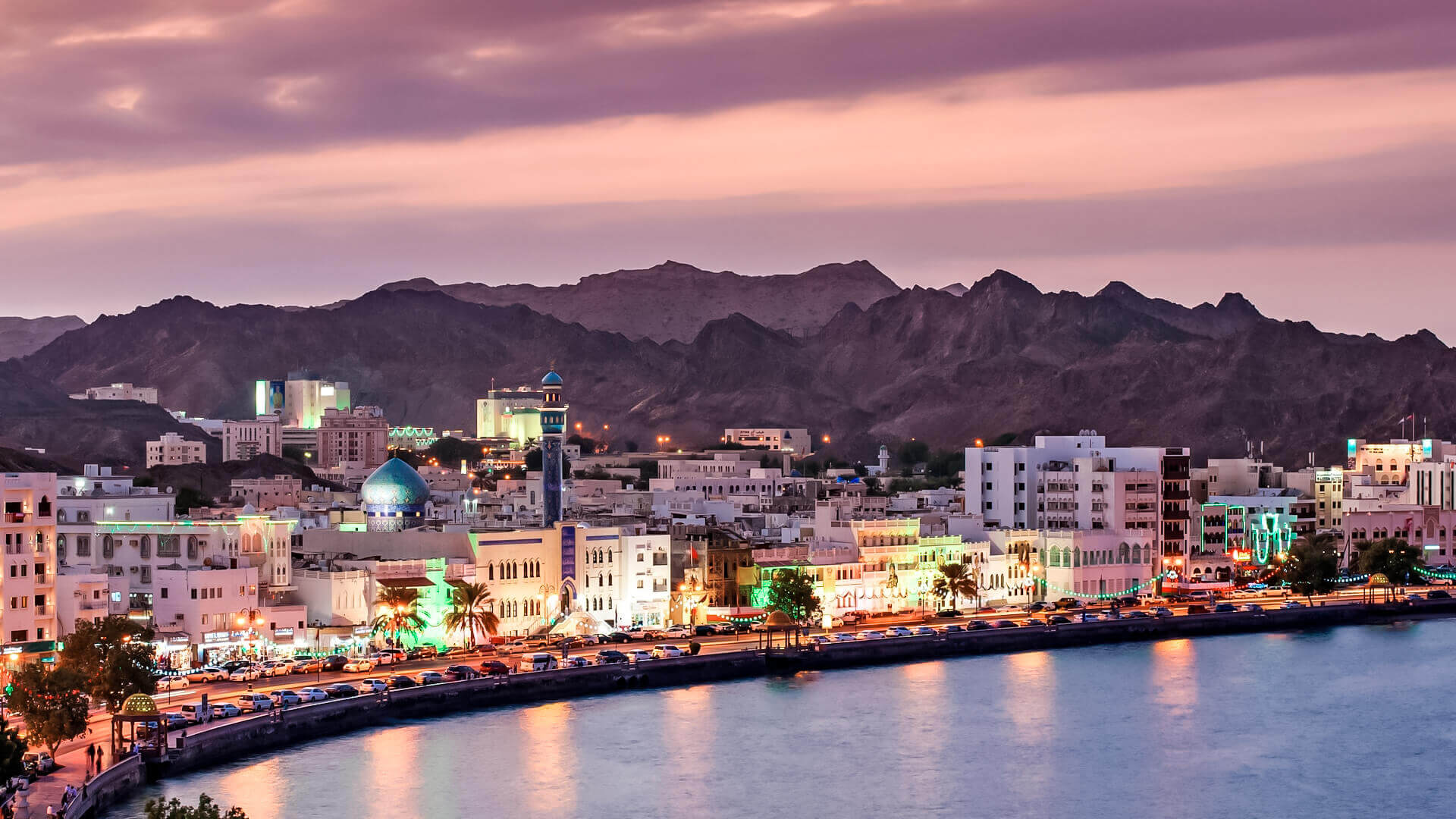[lwptoc]Oman, formally the Sultanate of Oman, is an Arab nation on the Arabian Peninsula’s southeastern coast. The country is bordered to the northwest by the United Arab Emirates, to the west by Saudi Arabia, and to the south and southwest by Yemen, and it has maritime borders with Iran and Pakistan. The Arabian Sea on the southeast and the Gulf of Oman on the northeast constitute the shore. The UAE surrounds the Madha and Musandam exclaves on all sides, with the Strait of Hormuz (which it shares with Iran) and the Gulf of Oman defining Musandam’s coastline limits.
The Omani Sultanate was a strong kingdom that competed with Portugal and Britain for dominance in the Persian Gulf and Indian Ocean beginning in the late 17th century. Omani influence or dominance reached its apex in the nineteenth century, extending over the Strait of Hormuz to modern-day Iran and Pakistan, and as far south as Zanzibar (today part of Tanzania, also former capital). As the sultanate’s authority fell in the twentieth century, it came under the control of the United Kingdom. Muscat was formerly the Persian Gulf region’s main commercial port. Muscat was also one of the most significant Indian Ocean trade ports. The official religion of Oman is Islam.
Oman is ruled by an absolute monarchy. Since 1970, the Sultan Qaboos bin Said al Said has been the country’s hereditary ruler. Sultan Qaboos is the Middle East’s longest-serving current king and the world’s sixth-longest reigning monarch.
Oman has little oil reserves, ranked 25th in the world. Nonetheless, the UNDP rated Oman as the world’s most improved country in terms of development during the previous 40 years in 2010. Tourism and the trading of fish, dates, and some agricultural products account for a significant part of its economy. This distinguishes it from its neighbors’ purely oil-dependent economies. According to the Global Peace Index, Oman is classified as a high-income economy and the 74th most peaceful nation in the world.


